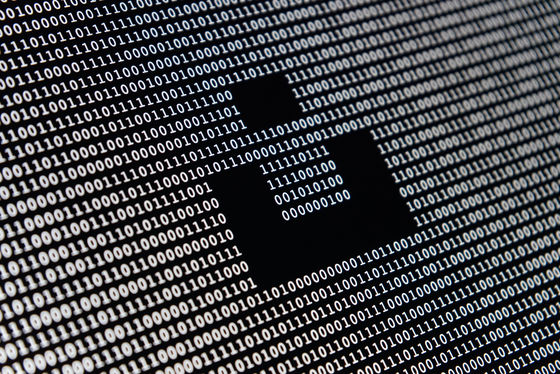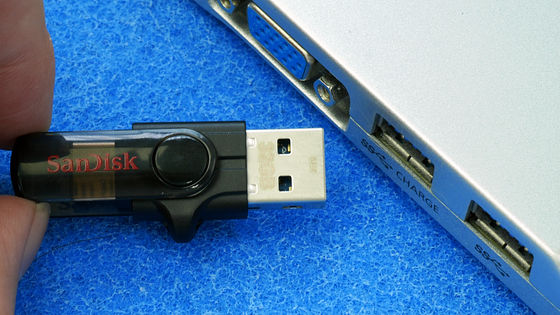Is it true that 'storing data in USB memory makes the weight lighter'?

Does a USB drive get heavier as you store more files on it? | BBC Science Focus Magazine
https://www.sciencefocus.com/future-technology/does-a-usb-drive-get-heavier-as-you-store-more-files-on-it/

Does A USB Drive Get Heavier Or Lighter As You Store More Files On It? | Times Knowledge India
https://www.timesknowledge.in/science/technology/does-a-usb-drive-get-heavier-or-lighter-as-you-store-more-files-on-it-1214-2.html
USB memory uses flash memory . All digital data is represented by a combination of two numbers, '0' or '1', so by storing the information '0' or '1' in the transistor on the flash memory, the USB memory Save
The transistor sets a '0' when the floating gate is powered and a '1' when it is unpowered. Electrons are then used to power the floating gate. Each electron has a mass of 0.00000000000000000000000000091 grams.

A USB memory with no data saved has all transistors set to '0'. However, when saving data, '1' will be added to the transistor, and electrons will be released from the transistor, so the weight of the USB memory will be lighter by the released electrons BBC Science Focus Magazine claims I'm doing it.
In addition, BBC Science Focus Magazine said, ``In order to measure the change in mass caused by saving data with an existing scale, it is necessary to prepare more USB memories than exist on the earth and calculate the weight collectively. There is,” he points out.

However, on Reddit, an overseas bulletin board, there is a debate about whether USB memory really saves data and the main body weight becomes lighter, saying, ``This is clearly a mistake.The net charge of the flash drive is zero. There are no electrons added or released.There are electrons going in and out of the floating gate, but no new electrons are being added to the USB memory.' Some people point out that it does not affect the weight change of the USB memory itself because it is an event in the USB memory. However, even in response to this opinion, ``Electrons in higher energy states are only slightly heavier. ”, Some comments point out that the weight of the flash drive may change due to the change in electronic state.
Does a USB drive get heavier as you store more files on it? Paradoxically, the more you save on a flash drive, the lighter it gets.
https://www.reddit.com/r/hardware/comments/fq2chg/does_a_usb_drive_get_heavier_as_you_store_more/

Another user said, ``It's unreasonable to expect journalists to have basic electronics knowledge. It doesn't weigh you down with mass.When the electrolytic capacitor is charged, electrons simply move from the positive terminal to the negative terminal.When data is written to the flash drive, electrons move from the channel to the floating gate or It just goes back out again.The channel just has holes where the electrons used to be, it doesn't store new electrons from outside.The electrons repel each other, so if the memory cell fills with new electrons If there is something like that, other problems will occur, such as erasing other gates or destroying the whole thing.” He pointed out that saving data does not change the weight of the USB memory. It was made.
In addition, even in the article ' The Weight of Memory ' published by The New York Times, a luxury daily newspaper in 2011, about the question 'Will the weight of the flash drive change when saving data?' Explained, here John D. Kubiatowicz , Professor of Computer Science at the University of California, Berkeley, answers this question.
According to Kubiatowicz, recording data does not change the total number of electrons in memory, but trapped electrons have higher energies than untrapped electrons. However, its energy content is very small, around 10^-15 joules per bit. Based on Albert Einstein's E = mc2 , energy corresponds to mass and is considered to have weight. Therefore, it seems that the Kindle with a capacity of 4 GB is considered to be lighter by 1 attogram in the 'empty data state' and '4 GB full state'. In other words, the claim that 'the weight of the flash drive changes depending on the amount of data stored' is correct.
However, Kubiatowicz points out that even the most sensitive scales on earth cannot measure this 1 attogram mass.
Related Posts:
in Hardware, Posted by logu_ii







